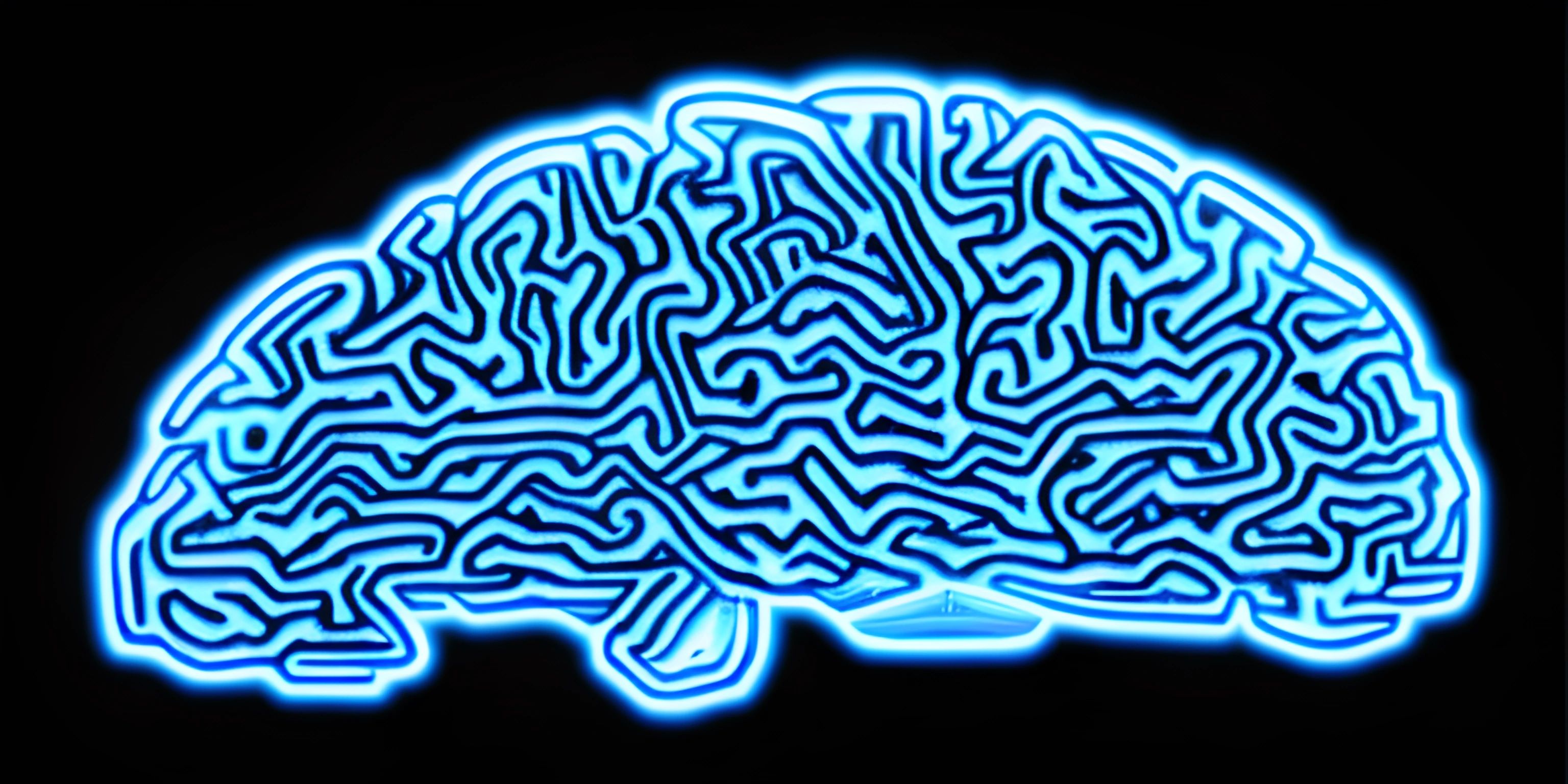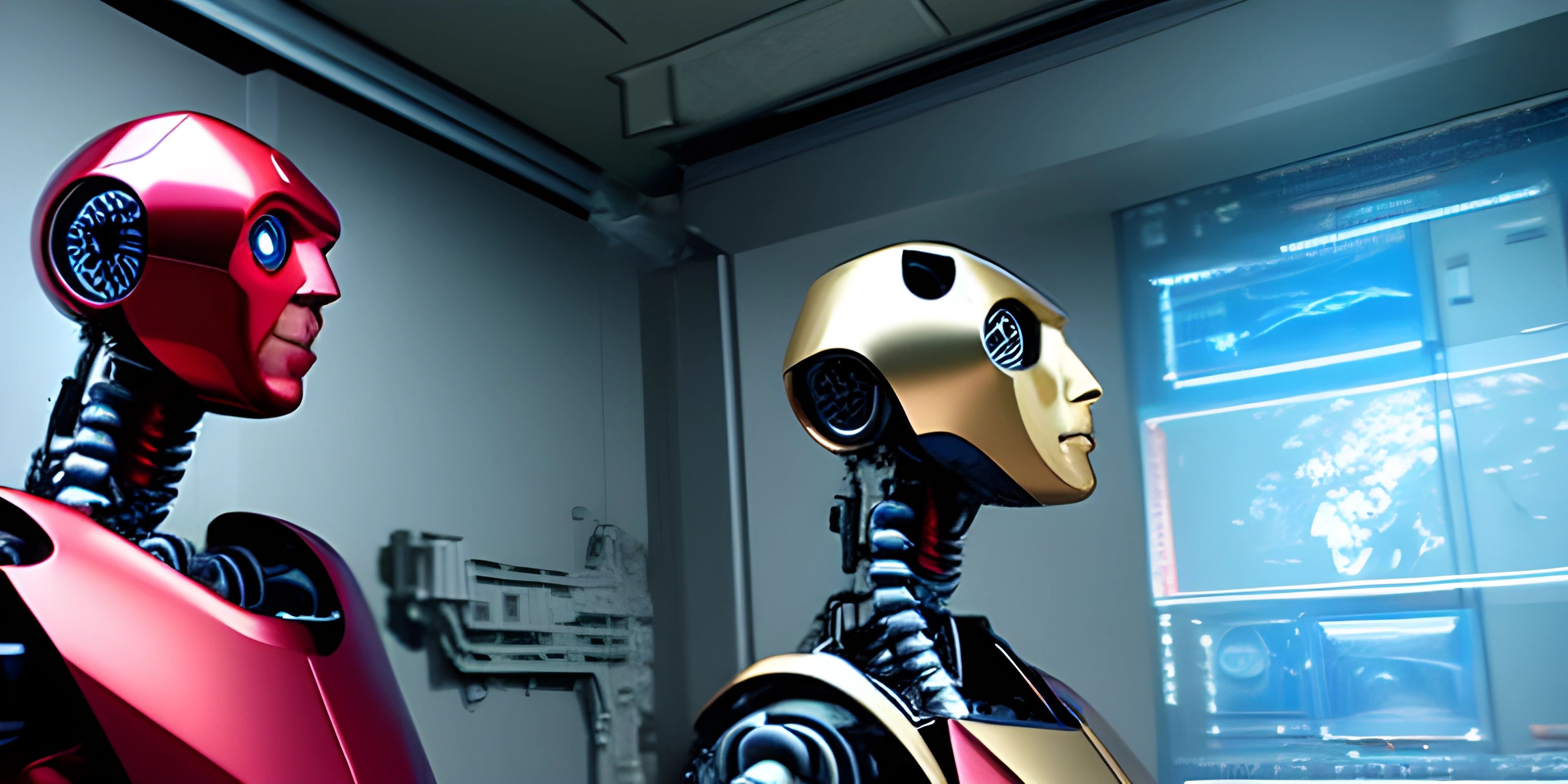A Brief Overview of Artificial Intelligence

Note: this page has been created with the use of AI. Please take caution, and note that the content of this page does not necessarily reflect the opinion of Cratecode.
Imagine a world where machines can not only perform tasks but also learn, reason, and even feel emotions. Welcome to the fascinating realm of artificial intelligence (AI)! From self-driving cars to virtual assistants, AI is transforming the way we live, work, and communicate.
What is Artificial Intelligence?
Artificial intelligence refers to the development of computer systems capable of performing tasks that typically require human intelligence. These tasks include learning, problem-solving, perception, and even language understanding.
Machine Learning and Deep Learning
One of the key components of AI is machine learning, a subset of AI that focuses on the development of algorithms that can learn from data. Machine learning models can improve their performance as they are exposed to more data, allowing them to make better predictions or identify patterns.
Another subset of AI is deep learning, which is a specific type of machine learning that uses neural networks. Neural networks are inspired by the way the human brain works, and deep learning models can handle complex tasks like image and speech recognition.
Applications of Artificial Intelligence
AI has made its way into various industries, bringing forth countless innovations and improvements. Here are just a few examples of AI applications:
- Healthcare: AI algorithms can analyze medical images, predict diseases, and even assist in drug discovery.
- Finance: From fraud detection to algorithmic trading, AI plays a significant role in the financial sector.
- Entertainment: AI is used to create realistic CGI characters, recommend content, and even compose music.
- Automotive: Self-driving cars are becoming a reality, thanks to AI technologies like computer vision and sensor fusion.
Challenges and Ethical Considerations
Despite its numerous benefits, AI also poses some challenges and ethical concerns. Issues like data privacy, algorithmic bias, and job displacement must be addressed as AI continues to advance.
In conclusion, artificial intelligence is a captivating and fast-growing field with the potential to revolutionize various aspects of our lives. As we embrace and develop these technologies, it's crucial to consider both the opportunities and challenges that AI presents.
Hey there! Want to learn more? Cratecode is an online learning platform that lets you forge your own path. Click here to check out a lesson: AI Test Playground (psst, it's free!).





